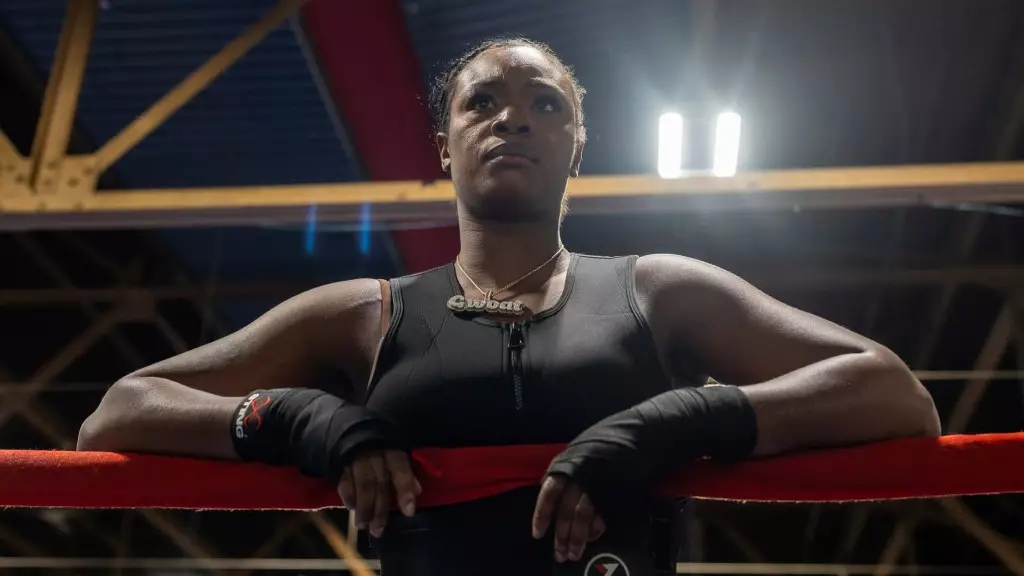In a shocking turn of events, Claressa Shields, a renowned American boxer celebrated for her unprecedented achievements in the ring, has been suspended following a positive test for marijuana. This development arose post her win against heavyweight boxer Danielle Perkins on February 2 in Michigan. The Michigan Unarmed Combat Commission swiftly moved to suspend the 29-year-old athlete, citing an “oral fluid sample” that confirmed the presence of the substance, which is classified as banned during competition by the World Anti-Doping Agency (WADA). The ramifications of this incident not only affect Shields but also raise broader concerns regarding the integrity of professional boxing.
Implications for the Sport
The Michigan Commission responded to the situation with urgency, stating that Shields’ actions pose an “immediate threat” to the sport’s integrity and the welfare of athletes. This phrasing underscores the seriousness with which doping violations are treated, as they can potentially undermine the competitive landscape. The repercussions of such incidents extend beyond the individual athlete, as they can erode public trust in the sport, lead to sponsors reassessing their associations, and ultimately impact revenue streams. For boxing, which has faced various scandals over the years, maintaining credibility is crucial.
In addition to her suspension, the World Boxing Organization (WBO) has stepped in by requesting a “show notice” from Shields, demanding her explanation regarding the drug test results. This is a critical move as it suggests that the organization is keen on maintaining standards and ensuring accountability within its ranks. Meanwhile, the Michigan Commission is proactively conducting its own investigation to ascertain whether further disciplinary actions are warranted. This dual approach exemplifies the meticulous nature employed when navigating doping allegations in professional sports.
Shields, despite the looming investigation, has taken to social media to assert her stance, tweeting, “Clean athletes win.” This declaration appears to be a strategy to maintain her public image as a principled athlete, reinforcing her previous accomplishments as a two-time Olympic gold medalist and the only boxer to simultaneously hold every major world title across three weight classes. This commitment to cleanliness in sport presents a paradox when viewed against her current predicament.
Furthermore, both Shields and Perkins have been subjected to testing under the World Boxing Council Clean Boxing Program, supervised by the Voluntary Anti-Doping Agency (VADA). This raises an important question: what safeguards are in place to ensure that athletes adhere to stringent doping protocols, particularly when substances like marijuana, which are becoming more socially accepted, are involved?
The suspension of Claressa Shields serves as a sobering reminder of the challenges faced by professional athletes navigating the complex landscape of sports regulations. While the immediate focus is on Shields, the broader implications of this case could lead to reevaluations of doping policies, especially concerning substances that may not enhance performance but are nonetheless prohibited. As investigations continue, both Shields and the boxing community are left to grapple with the consequences of this incident, and it remains to be seen how it will shape the future of the sport.

